The launch of the China-initiated Kunming Biodiversity Fund demonstrates China's unwavering commitment to fulfilling a responsible role in conserving the world's biological resources, officials said.
It will also help address a significant gap in supporting developing nations' efforts to curb biodiversity loss, they added.
While addressing the leaders' summit of the 15th meeting of the Conference of the Parties to the Convention on Biological Diversity via video link from Beijing in October 2021, President Xi Jinping announced that China would take the lead by investing 1.5 billion yuan ($207 million) to establish the fund.
At a news conference on Wednesday, Zhang Yujun, head of the Ministry of Ecology and Environment's nature and eco-conservation department, said the ministry signed cooperation agreements with the United Nations Environment Programme and the UN Multi-Partner Trust Fund Office on Tuesday to officially launch the fund.
China faces a heavy task of developing the economy and improving people's livelihoods, Zhang said, but despite that, it has contributed to the establishment of the fund to the best of its ability and officially launched its operation to assist other developing nations in protecting biodiversity.
"This demonstrates China's role as a responsible major country that always honors its words with actions," he said.
Adhering to multilateralism and globalized operation, the fund primarily provides assistance regarding finance, technology and capacity building in the form of grants to support developing economies in implementing the Kunming-Montreal Global Biodiversity Framework, he said.
Among the targets in the framework are global conservation of 30 percent of all land, seas and inland waters, and restoration of 30 percent of degraded ecosystems.
Inger Andersen, executive director of UNEP, noted the "very large contribution that China has made to countries in the Global South".
It showcases "a sign of solidarity to support those countries to also be able to conserve and reverse their loss of biodiversity", she added.
Developing nations are confronted with similar challenges of capacity constraints, institutional weaknesses and resource constraints, Andersen said.
"We have to understand that often the healthcare sector, the education sector take priority … So biodiversity may be coming a little later in a poor country's prioritization list," she said.
But such countries are looking for technical assistance, capacity building, scientific insights and knowledge and lessons in regard to biodiversity conservation, she said.
Only about $200 billion is spent on biodiversity each year around the globe, compared with the estimated $700 billion or so that is needed.
"The Kunming fund is a critical piece … It's a new resource that we did not previously count when we were counting resources that are available, and it will fill many gaps," Andersen said.








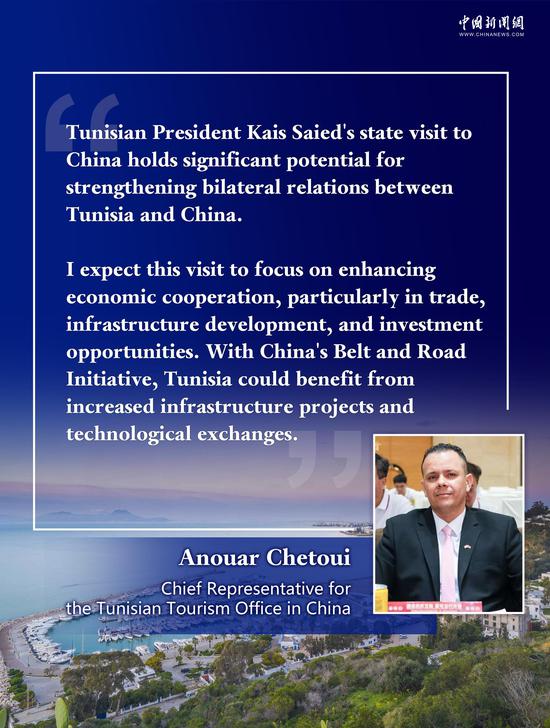


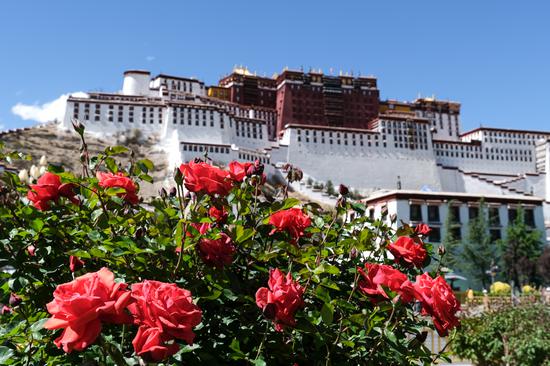




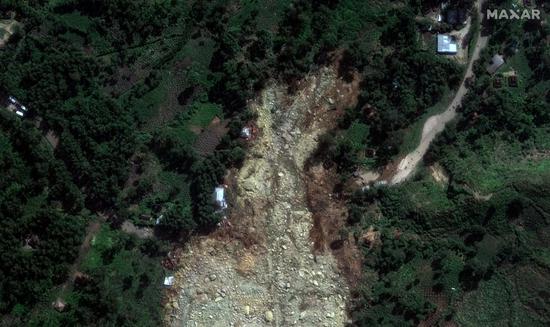









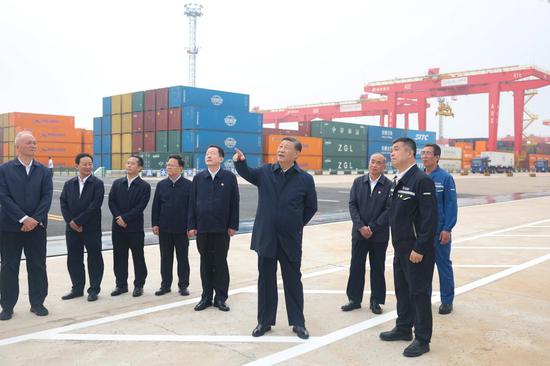
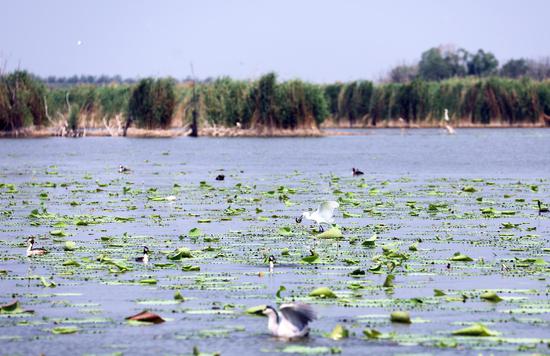
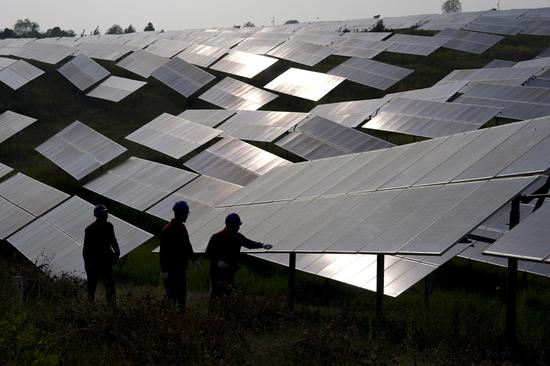

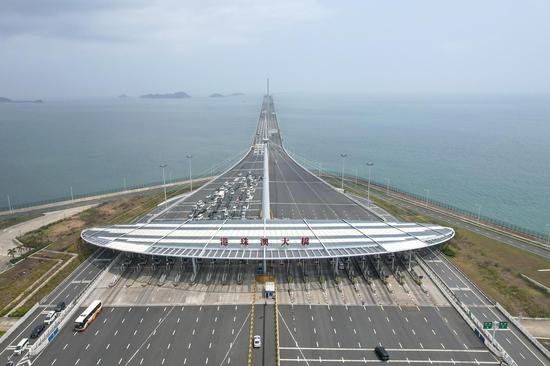



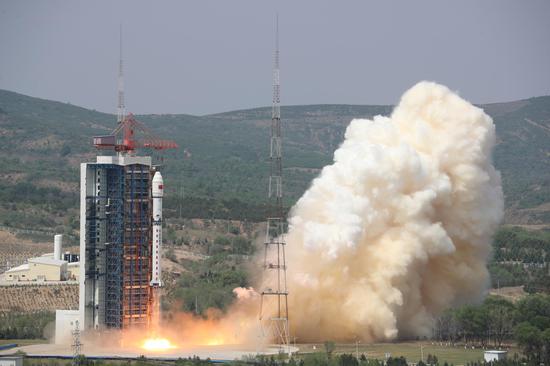



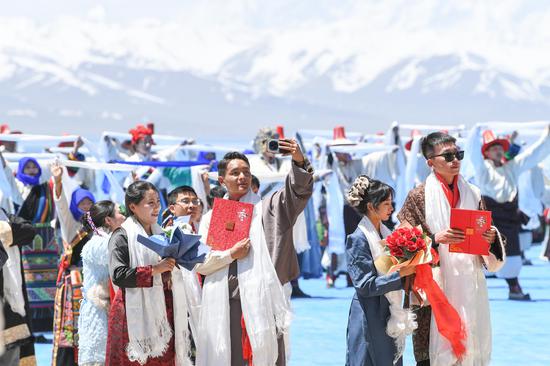

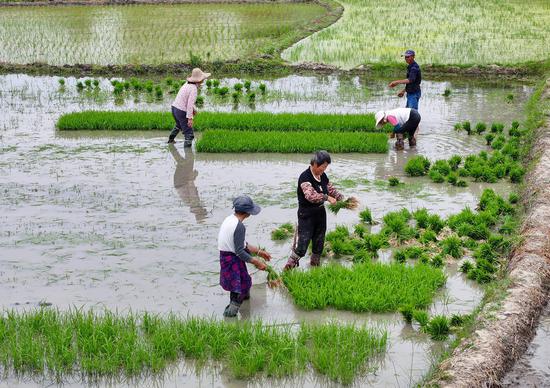



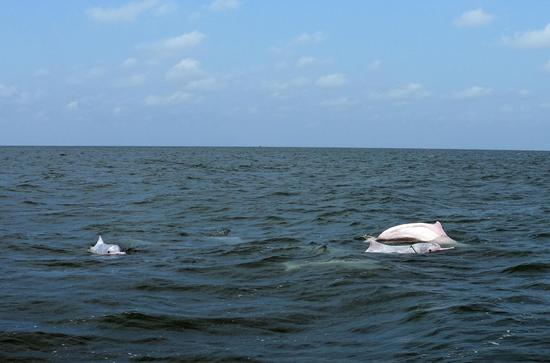





 京公网安备 11010202009201号
京公网安备 11010202009201号
